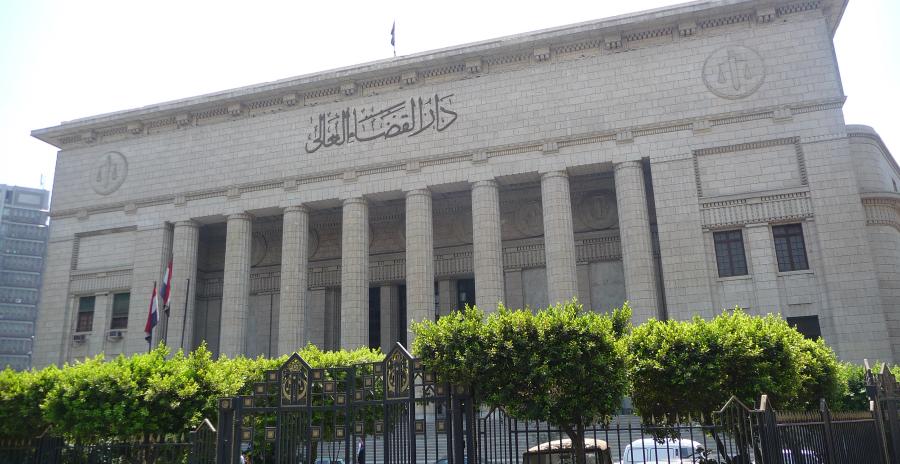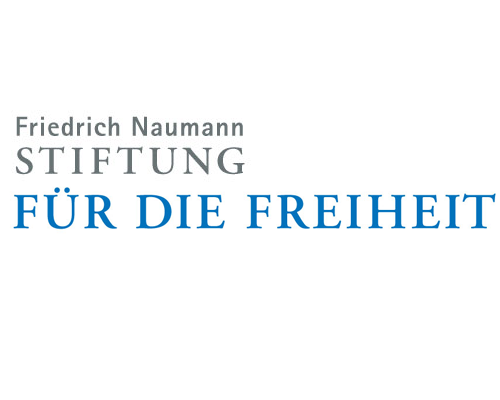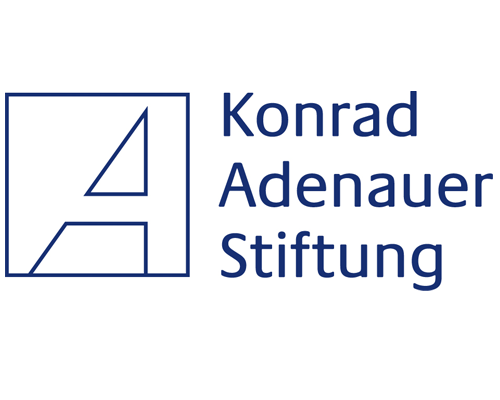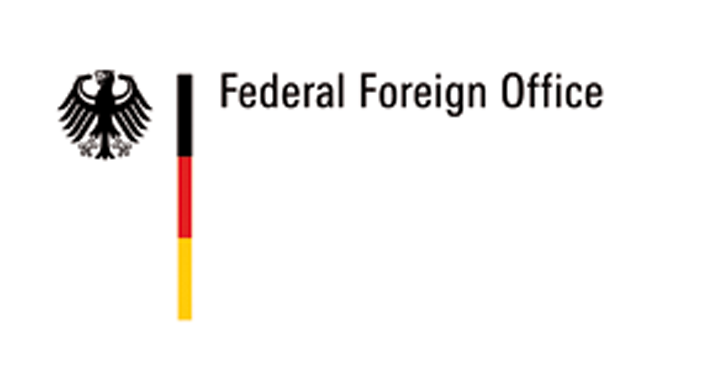Legal limbo: Legal requirements and protection of NGOs and employee representative bodies

Egypt's High Court of Justice in Downtown Cairo, Photo: Wikimedia Commons
NGOs and trade unions need legal safeguards to fulfil their societal role in ACT countries. But who is to blame for their operational ambiguity and can new laws lay the foundation for a more inclusive political culture in the Arab world?
Non-Governmental Organisations (NGOs), as the institutional embodiment of civil society activism and advocacy groups for otherwise unrepresented or discriminated groups, have played an important part in Arab Countries in Transition (ACTs) both before and after the Arab Spring in raising public awareness for social and political problems and helping those who are not able to safeguard their own fundamental human and civil rights.
This type of activism has often clashed with state media oversight and the judicial systems in ACT countries. The unclear and shifting legal status of NGOs adds a layer of operational ambiguity that can be turned against them. As with business registration, bureaucracy often serves as a means to delay or obstruct civil activism rather than allow NGO work to function within a legally-sound framework.
Civil society representatives from the Arab world often report that although laws of associations have been tightened and thus severely restricted NGO activity in some ACTs, it was often not the law itself but rather the arbitrary application of law that threatened them. Some NGOs have said that state prosecutors and judges are part of a judiciary with deep personal and professional ties to the political elite. Moreover, activists complain, politically-motivated trials against NGOs have often served a policy of determent and intimidation: accusations of undermining "national security" or "national interests" have been used to discredit the activities of such organisations or even to take legal steps against them.
Lawyers and NGOs specialising in human and civil rights cases are among the most experienced representatives of civil society in ACTs as they continue to challenge misappropriation of the legal system against NGO activity. Although the right to legal defense is constitutionally protected in most ACTs, lawyers and civil rights NGOs often face harassment because of their work – often by informal means.
Support for and cooperation with these activists has already been initiated – for example in the context of transitional justice – at a transnational and global level, just as with legal counsel on the safeguards for NGO activities in the constitutional process. The reform of the judiciary and its personnel, however, remain the biggest challenge to obtaining legal safety for NGOs operating in ACTs.
Supported by






© CANDID Foundation gGmbH 2015



